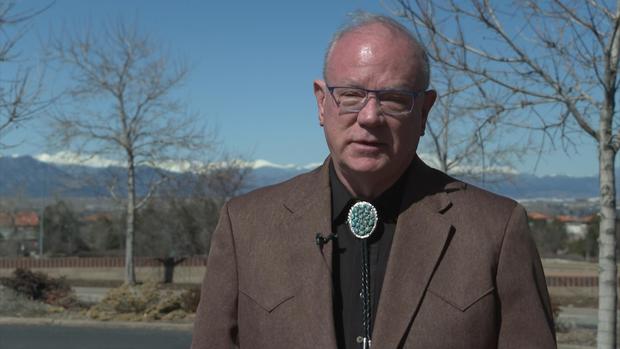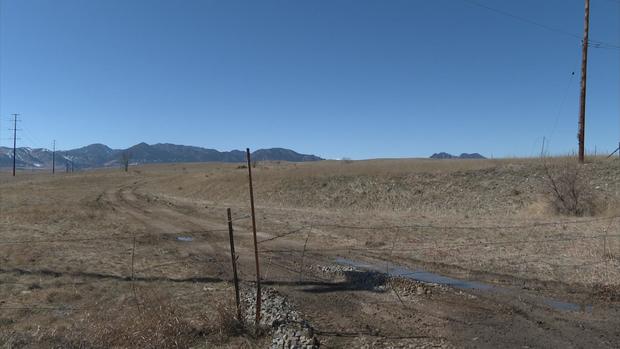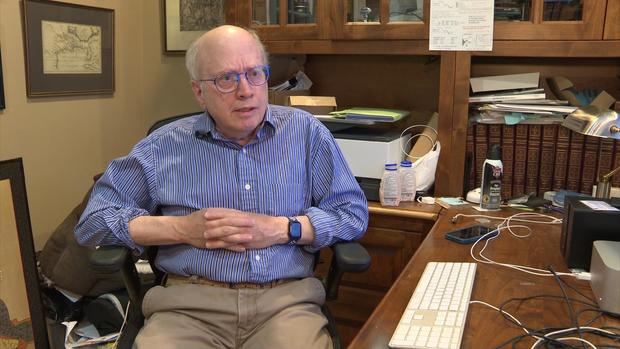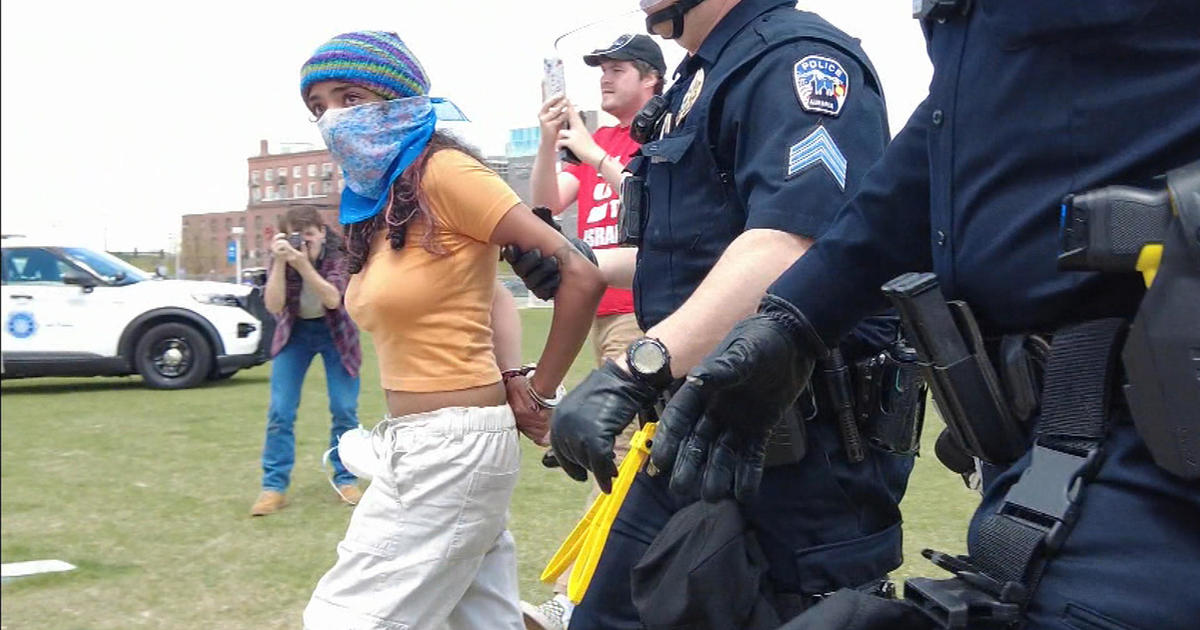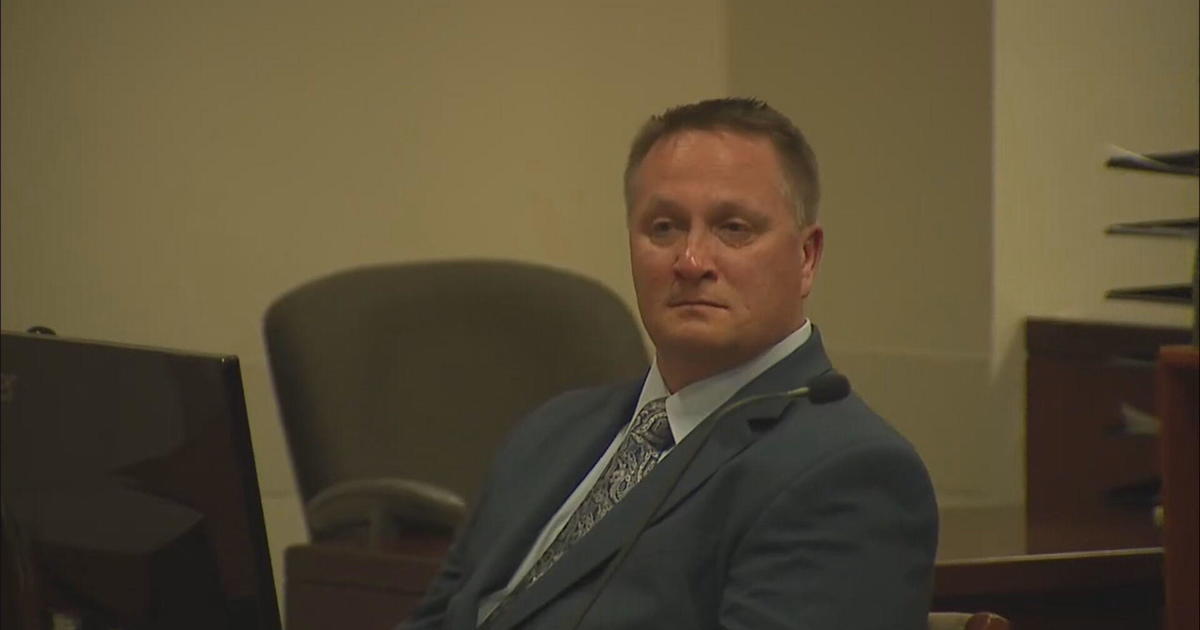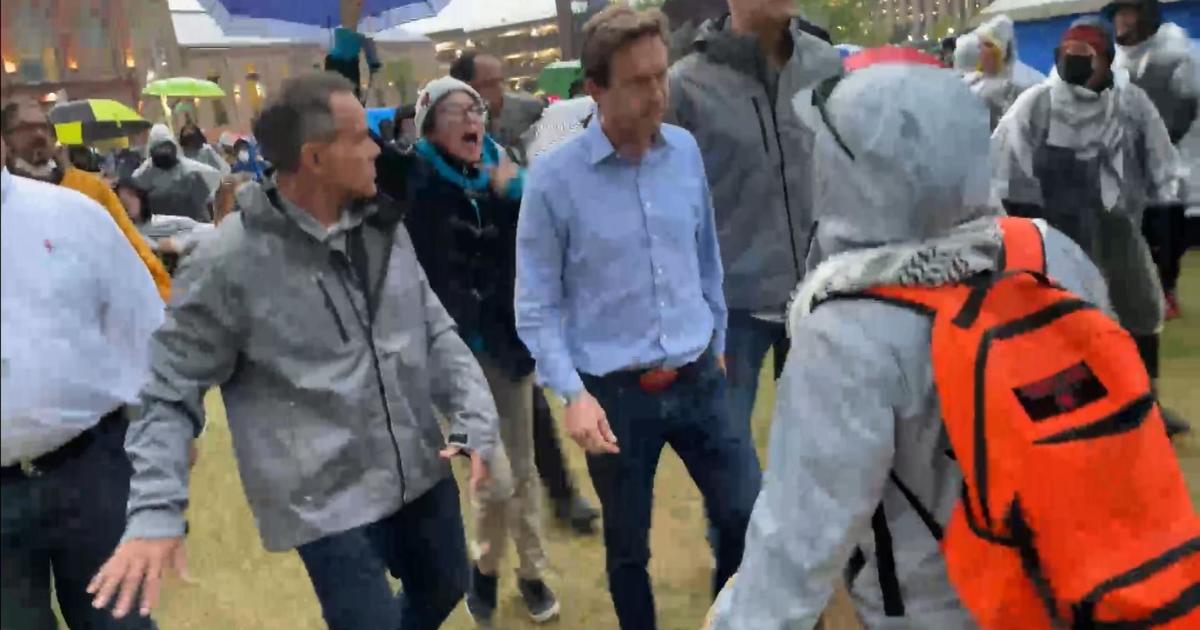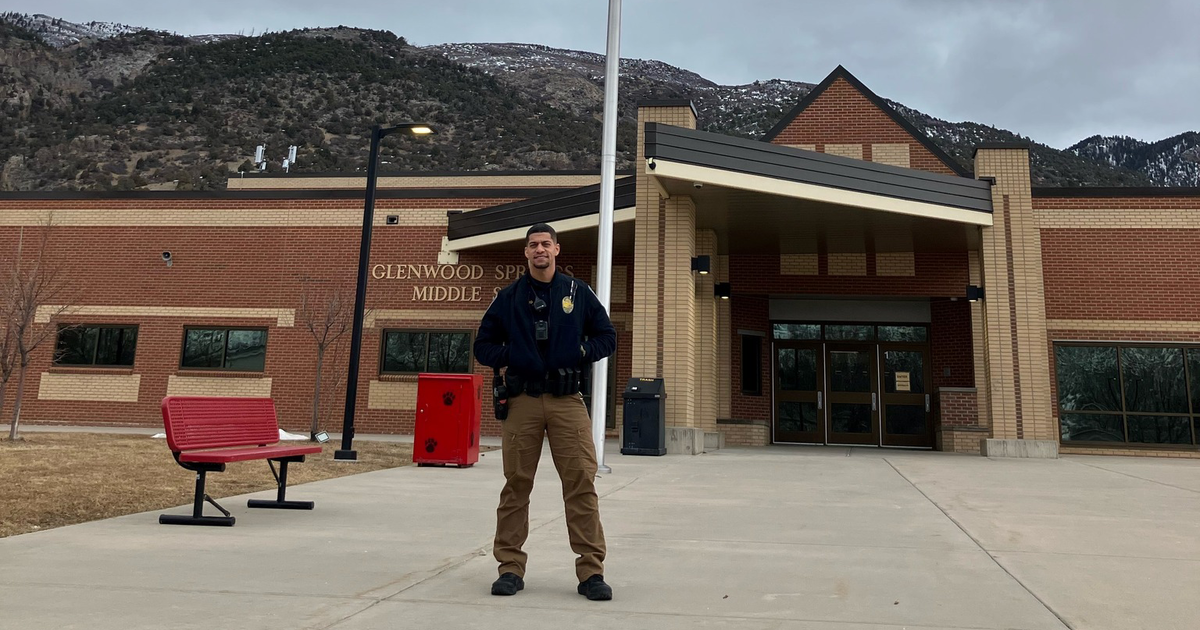Colorado watchdog groups sue to stop construction of greenway bridge connecting Rocky Flats and Westminster
Jon Lipsky is the retired federal agent who led the 1989 raid of the Rocky Flats plant, which made plutonium parts for nuclear weapons in Colorado's Front Range.
His team found numerous violations of federal anti-pollution laws, including limited contamination of water and soil.
Now he's working to make sure no one else is exposed to the toxins he was; something that he fears could take place if a greenway bridge project goes through.
"The incessant clicking of the radiation monitor is a wakeup call to me," said Lipsky. "I had to be decontaminated and wondered if someday I was going to be affected by it."
That's why he's part of a lawsuit to stop a plan by the Federal Highway Administration and the U.S. Fish and Wildlife Service from building a pedestrian bridge connecting trails on the Rocky Flats Refuge and the Westminster Open Space as part of a greenway. He says the project will disrupt the contaminated earth and blow contaminated dust into the nearby communities.
"They're planting, the two piers and the two abutments in the most contaminated portions of the refuge," said Lipsky.
David Wood lives in the Candelas neighborhood just to the south of the refuge. He is a retired physicist and says people need to look at the data and that the contaminated soil on the refuge is not any more radioactive than most dirt already is.
"It's not by chance that I'm living right here on the refuge, right as my backyard," said Wood. "The big picture is that when you actually do the calculations, the contributions of plutonium are tiny in comparison to all the other naturally occurring radioisotopes."
He says he thinks that lawsuits and obstruction by groups and people like Lipsky are last-ditch efforts to stop development on the refuge. And that the risk of getting cancer from anything radioactive found in the soil at Rocky Flats is astronomically low.
"In the ballpark of excess cancer risks of one in a million or more," said Wood.
But Lipsky says even a negligible risk is still a risk and he wants to slow down and make sure people know what's going on in their community.
"They're steamrolling this," said Lipsky. "This whole project."
